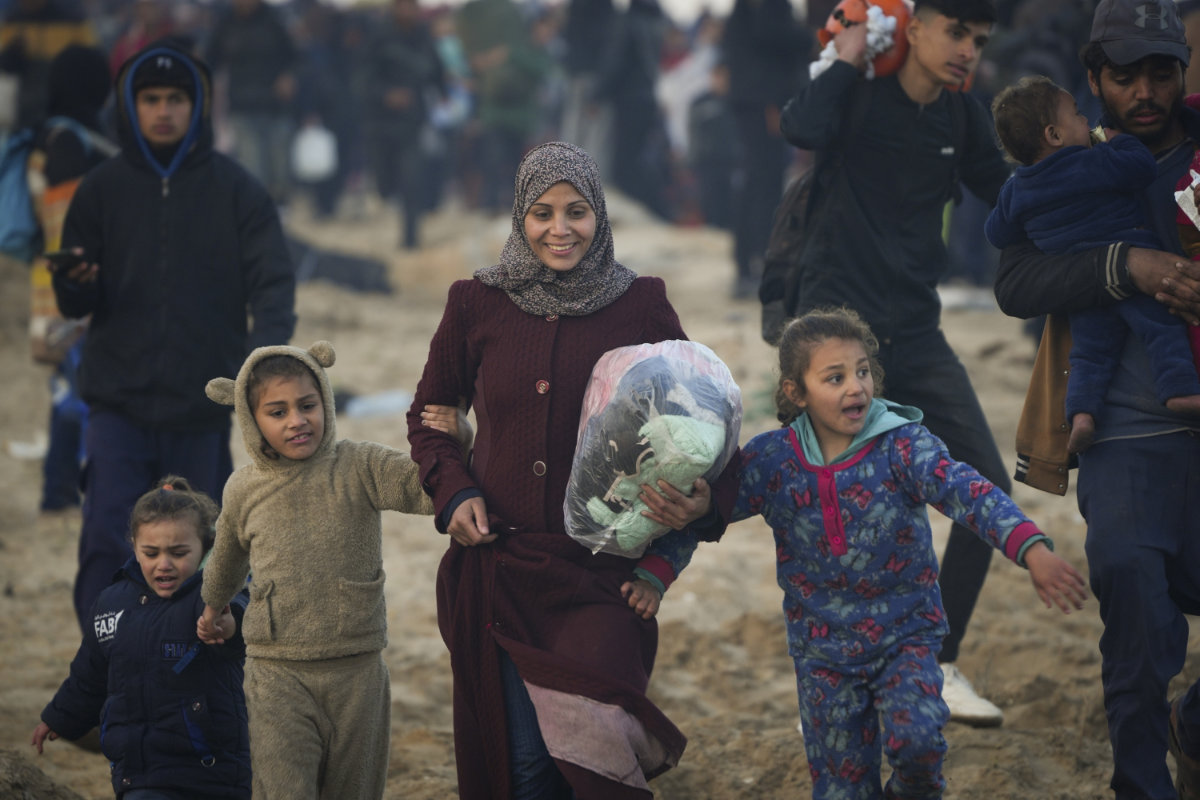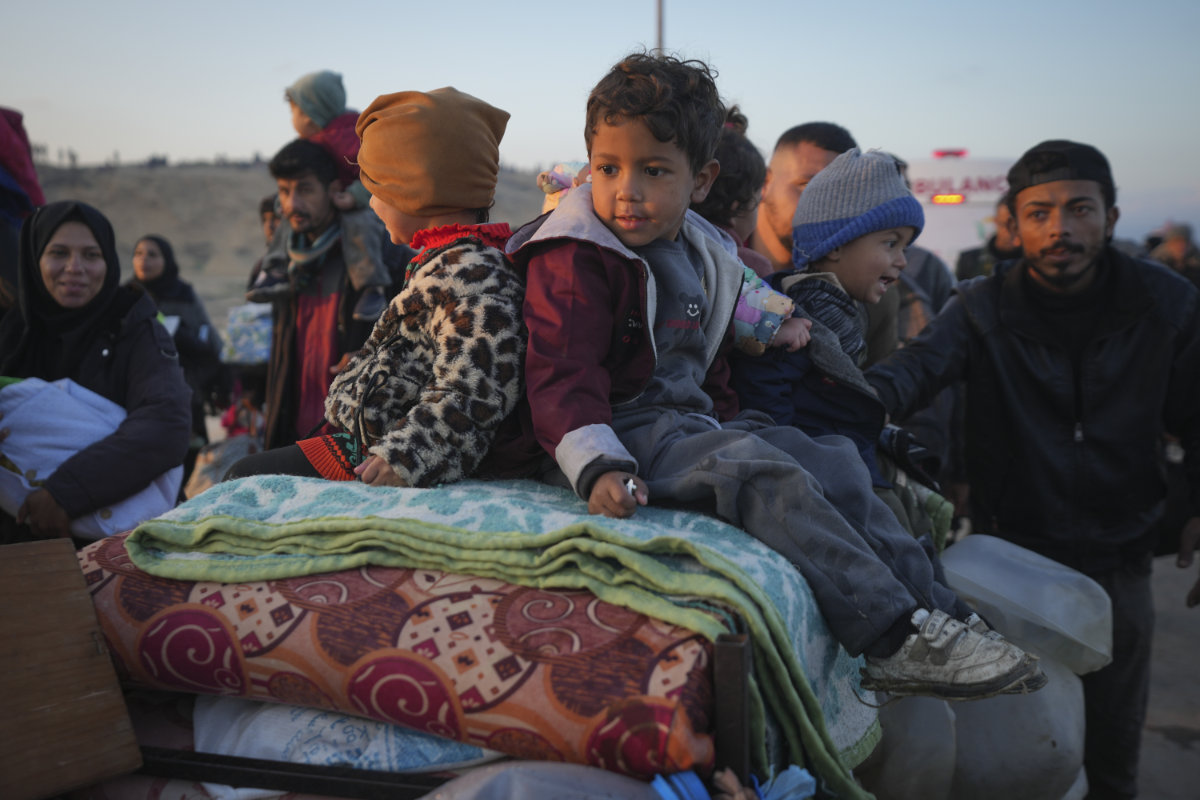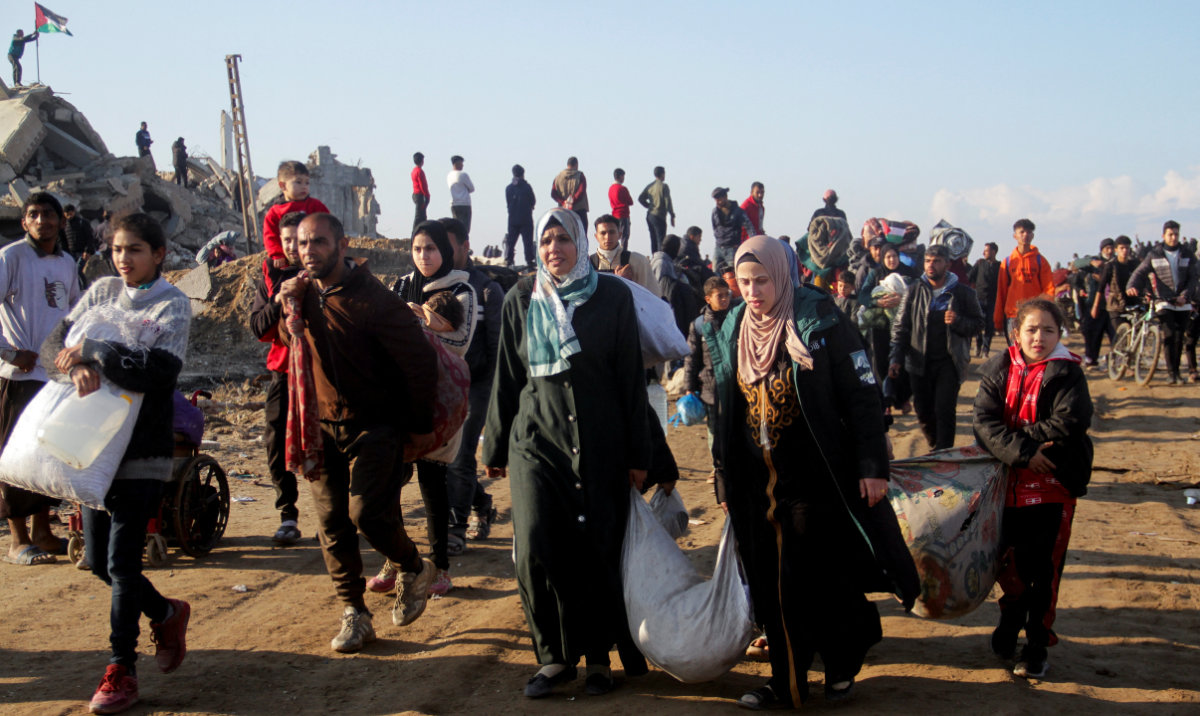ANKARA: Turkish troops are expected to be sent to Libya to support the Tripoli-based Government of National Accord (GNA) against Libyan military strongman Khalifa Haftar, after Turkey’s Parliament approved the motion for military deployment on Thursday evening. Insiders suggest some 200 Turkish marines will arrive in advisory, training and support roles.
However, beyond grabbing international headlines, the deployment has security risks, logistical constraints and geographic limitations compared to Turkey’s previous cross-border interventions in neighboring war zones such as Syria or Iraq.
For Karol Wasilewski, an analyst at the Warsaw-based Polish Institute of International Affairs, Turkey will have to find a way to reconcile its interests and those of Russia in Libya.
“To be successful, it should probably gain broader support, because for now Turkey is isolated in its support for Fayez Al-Serraj’s GNA. I also think that securing manpower for this operation may be a challenge — Turkey may send its own troops for training, but I find it unlikely that it will send soldiers for combat missions,” he told Arab News.
“Thus, it will have to continue sending Syrian rebels, and it seems they are unwilling to go, especially during (Syrian President Bashar) Assad’s assault on Idlib,” Wasilewski added.
Experts also caution against an influx of irregular troops and mercenaries into Libya which could escalate the situation in the ground.
Overt support for the GNA could also strain Turkish relations with other regional powers supporting Haftar.
Wasilewski anticipates that a proxy war is about to accelerate across the region. Egypt has already criticized Ankara’s decision to deploy troops, and called on the international community to react.
“Technically speaking, Egypt has the capacity to complicate Turkey’s operation in the sea, so there is one possible source of escalation,” he said.
Cairo is not the only party Ankara must contend with — Russia, too, has taken an interest in Libya. Dmitry Novikov, a Russian lawmaker, told Interfax news agency that a Turkish military presence in Libya would “only deteriorate the situation,” and Russian private military contractors have allegedly been drafted in to support Haftar’s forces.
Turkey is isolated in its support for Fayez Al-Serraj’s GNA. I find it unlikely that it will send soldiers for combat missions.
Karol Wasilewski, a foreign affairs expert
All eyes are now on Russian President Vladimir Putin’s expected visit to Ankara on Jan. 8, with Libya ranking on the top of the bilateral agenda.
Galip Dalay, a visiting scholar at the University of Oxford, expects a sort of Astana-style deal around Tripoli after Putin’s visit.
“But in return, Russia may expect some compromises from Turkey in Syria’s opposition-held Idlib province, and try to get some advantages for the Assad regime in that zone,” he told Arab News.
Ozgur Unluhisarcikli, Ankara office director of the German Marshall Fund of the United States, agrees.
“A significant deployment by Turkey to Libya would be contingent on tacit Russian approval based on an Astana-like process. This would not only increase Russian leverage over Turkey, but would probably come with a price tag. The price could be a new arms deal, concessions in Syria or anything that would benefit Russia,” he told Arab News.
Turkish opposition members who voted against the motion have suggested Turkey should persuade the UN to deploy a peacekeeping mission to the country.
Turkish President Recep Tayyip Erdogan and his US counterpart Donald Trump discussed the unfolding events in Libya in a phone call on Jan. 2. According to the readout issued by the White House: “President Trump pointed out that foreign interference is complicating the situation in Libya,” with no details added about which countries Trump was referring to.






























